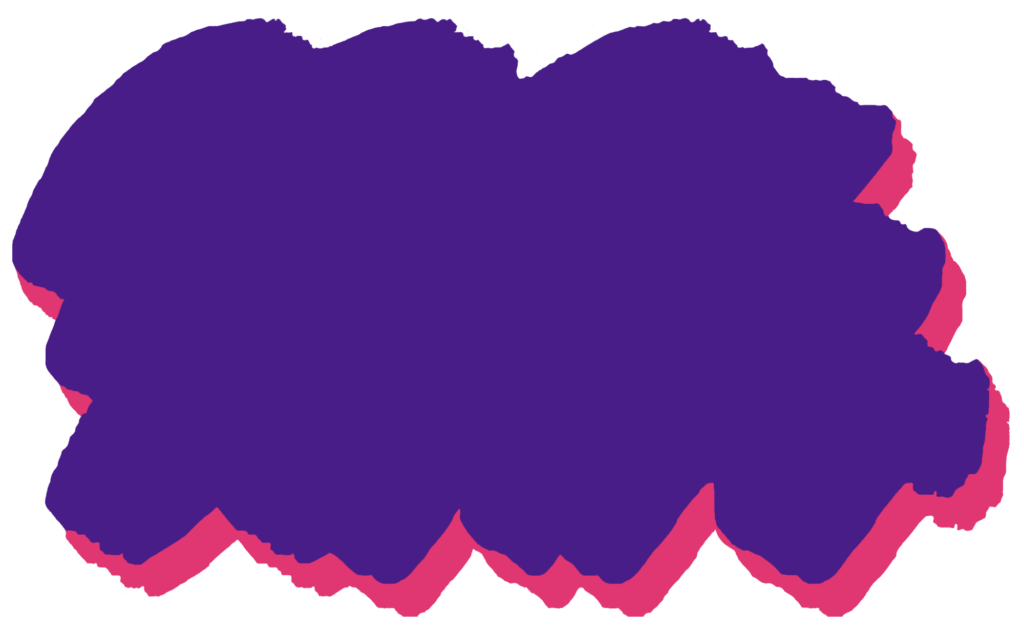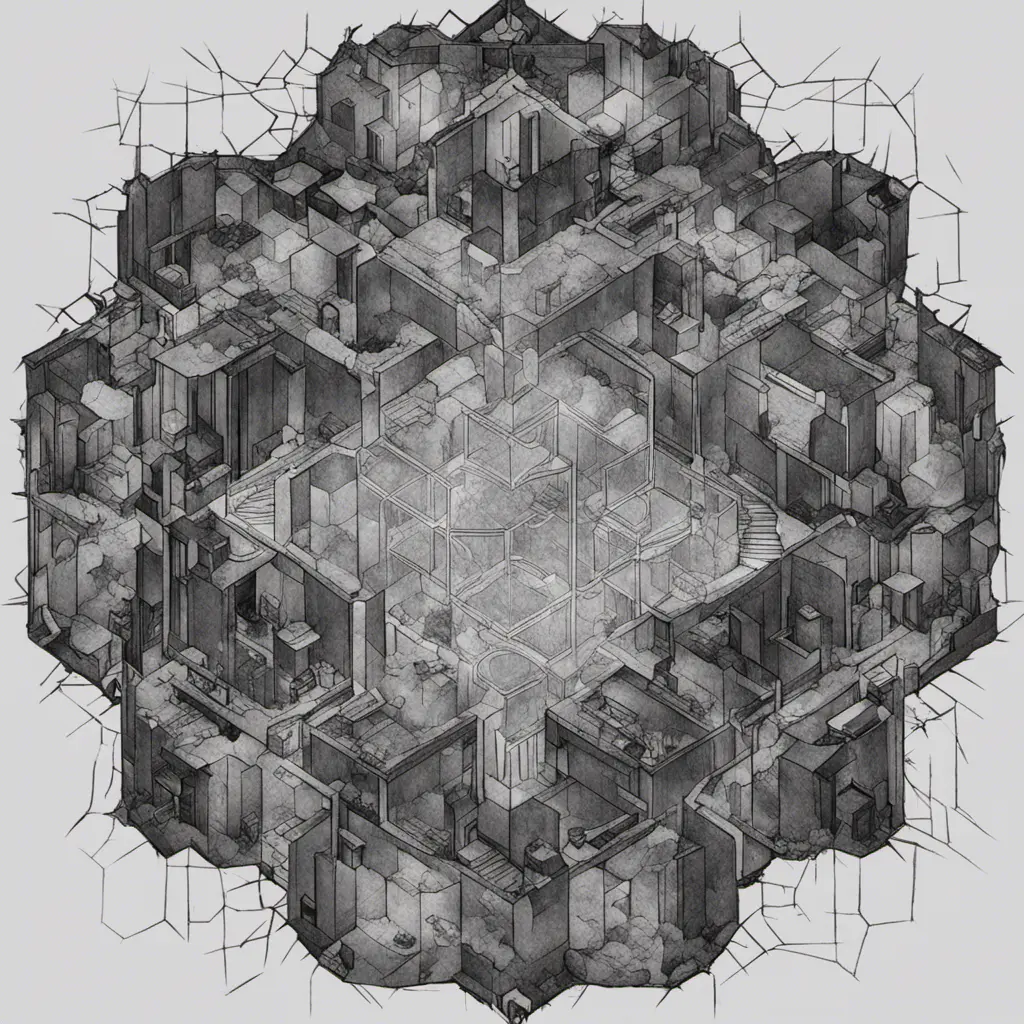these people have created a diy lab reactor you can synthesise medicines with, but I can’t find how to make it anywhere. can anyone find out, or share from their own knowledge?
EDIT: this is a lab reactor for organic chemistry, not a bioreactor with bacteria
I’d be really really hesitant to DIY something like this. Chemistry tends to involve a lot of things you can accidentally poison yourself with. Without a team holding organic chemistry and pharmacology degrees, as well as the time and money to verify that each step did exactly what was expected, you’re reasonably likely to hit a poisonous pitfall you didn’t know about.
That’s true, I’d be hesitant to be one of the beta testers too – though I think the goal of a machine like this would be to allow people at home to synthesize already known medicines using well tested methods. So there would be a dedicated team of professionals creating the instructions that the machine follows. More like printing a book than trying to write your own.
Right, just go to a testosterone replacement therapy forum and look at the general confusion about very basics like figuring out weight-dependent dosages. I know it’s cool to poo poo experts, but if you can’t calculate a dilution series, you are likely to kill yourself.
People used to make poppy tonic as a pain killer, and poppies are easy to grow and process. Willow bark is a precursor to aspirin, but dosage can be really hard to figure out because there’s so much variance in plant strength. Willow is especially dangerous because the LD50 of aspirin is one of the lowest (the lowest?) of modern medicines.
Psychedelics are excellent for treating depression, addiction, and PTSD. Marijuana has been claimed to fix everything but realistically it’s a good sleep aid and can also help treat PTSD. Both of these are pretty easy to grow and may be legal depending on where you’re at and if you have a prescription.
Ginger and marijuana both are good for treating nausea, and you should be able to grow ginger indoors in colder climates too.
St John’s Wart is good for depression. Valerian is a sleep aid. Kava is also a sleep aid and good for anxiety.
There are a lot of indigenous medicines derived from plants (many of which were processed or synthesized in to the drugs you can be prescribed today). This would be a good place to start (while being a bit critical and realizing that you should also research efficacy outside of folk wisdom).
Just thinking about this in order of importance, what we really need are antibiotics. This is a lot harder to make. I know penicillin is just mold, but it’s heavily refined and only good for a short time.
You can do a lot without a lab, but if you want to really get serious you need to make sure you’re working with folks who have chemistry degrees because it can get really complicated and really dangerous really quickly.
There’s this source, but not sure how viable it is.





